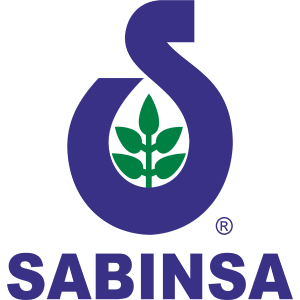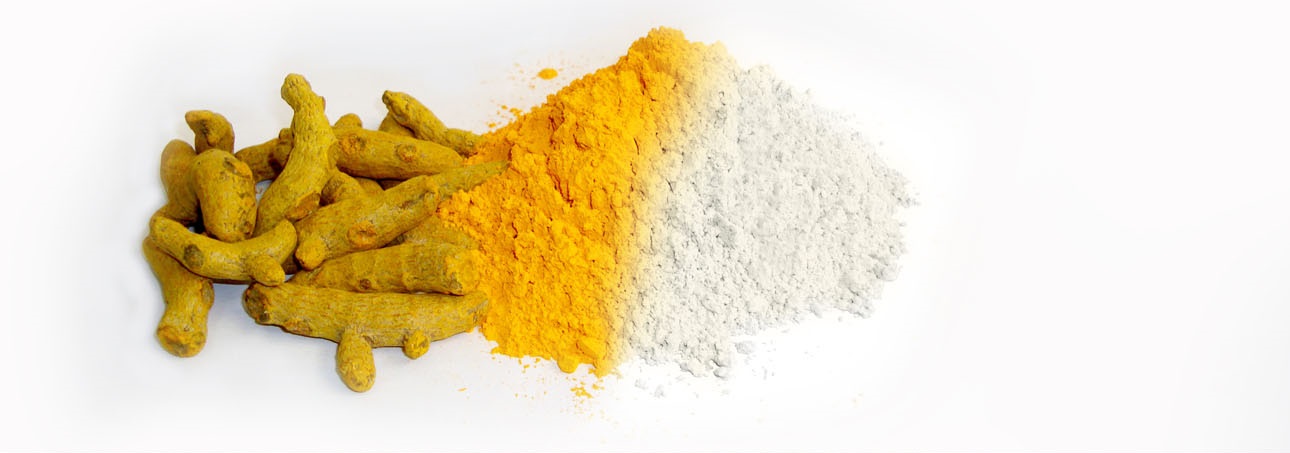Tetrahydrocurcumin (THC), a major metabolite of curcumin (CUR), has been demonstrated to have potent anti-cancerogenic activity. The anti-carcinogenic effects of this compound is demonstrated by its ability to inhibit tumour initiation by azoxymethane (AOM).
The anti-inflammatory and anti-carcinogenic activities of CUR have been studied by research groups and the action mechanism of CUR is found to be complicated. Tetrahydrocurcumin, a partially reduced derivative of Curcumin found in turmeric, appears to be the major active metabolite formed when Curcumin is administered in mice. THC is hypothesized to be one of the metabolites with higher physiological and pharmacological activities than CUR in the intestine.
With this background, the present study, investigated the chemopreventive effects and underlying molecular mechanisms of dietary administration of CUR and THC inazoxymethane (AOM)-induced colon carcinogenesis in mice.








